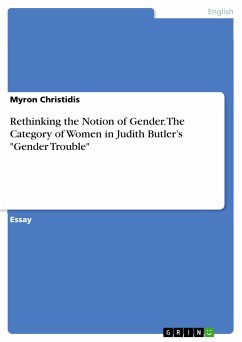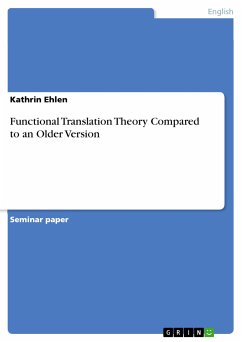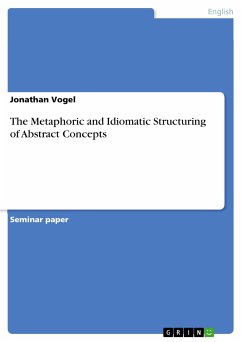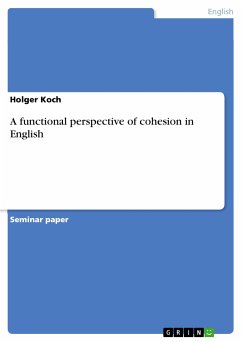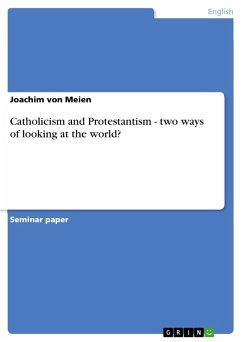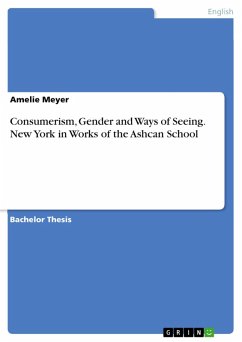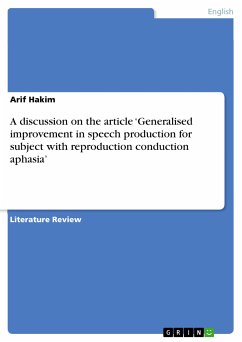Seminar paper from the year 2007 in the subject English Language and Literature Studies - Linguistics, grade: 2,3, University of Heidelberg (Institut für Anglistik), course: Hauptseminar Functional Syntax, language: English, abstract: In this term paper I will investigate the structure of English sentences with the subject notion as a starting point. It presents a classical notion to analyse clauses and sentences but how exactly can a subject be defined? For this purpose, I will show that the notion is not detailed enough and suggest a distinction into grammatical, logical and psychological subject. This proves useful to analyse sentences which at first glance do not appear to have any subject at all. In a next step I will focus on features of the grammatical subject according to the Cambridge Grammar of the English language (2005). The discussion will prove that the properties given for grammatical subjects do not constitute a fixed frame which sharply distinguishes between elements eligible to be subjects and others that are not. Instead I will argue that the subject category is best analysed as a prototype category and that its features have prototypical character. The second section is concerned with different ways of accounting for particular structures of language. If various syntactic functions can appear at the beginning of sentences then why does a speaker choose a particular construction instead of another? I will argue that this question is closely related to analyses of clauses, sentences and utterances going beyond a mere subject vs. predicate dichotomy. I will start with a discussion of the thematic structure of sentences and clauses and introduce the distinction of topic and comment. The second step complements the thematic structure of language with the information structure, in which constituents can be labelled ‘given’ and ‘new’. This analysis also considers the intra- and extra-linguistic context of clauses and sentences and can thereby account for a fair share of speaker-choices between differing constructions. Since there are still some cases that cannot be explained by looking at the information structure, I will then present the notion of perspective as very helpful. Taking together these different levels of analysis one is enabled to account for a large quantity of possible constructions in the English language.


